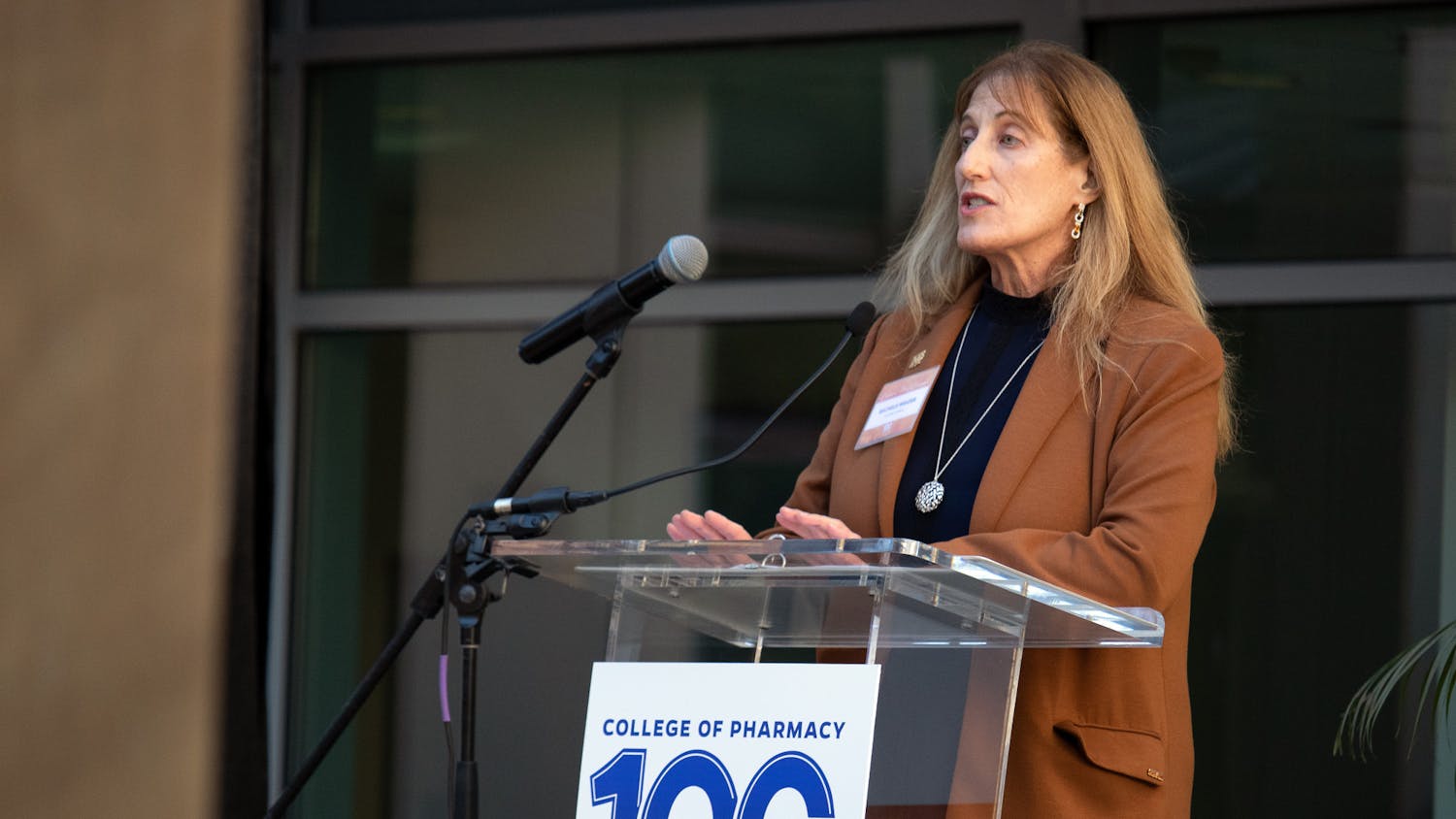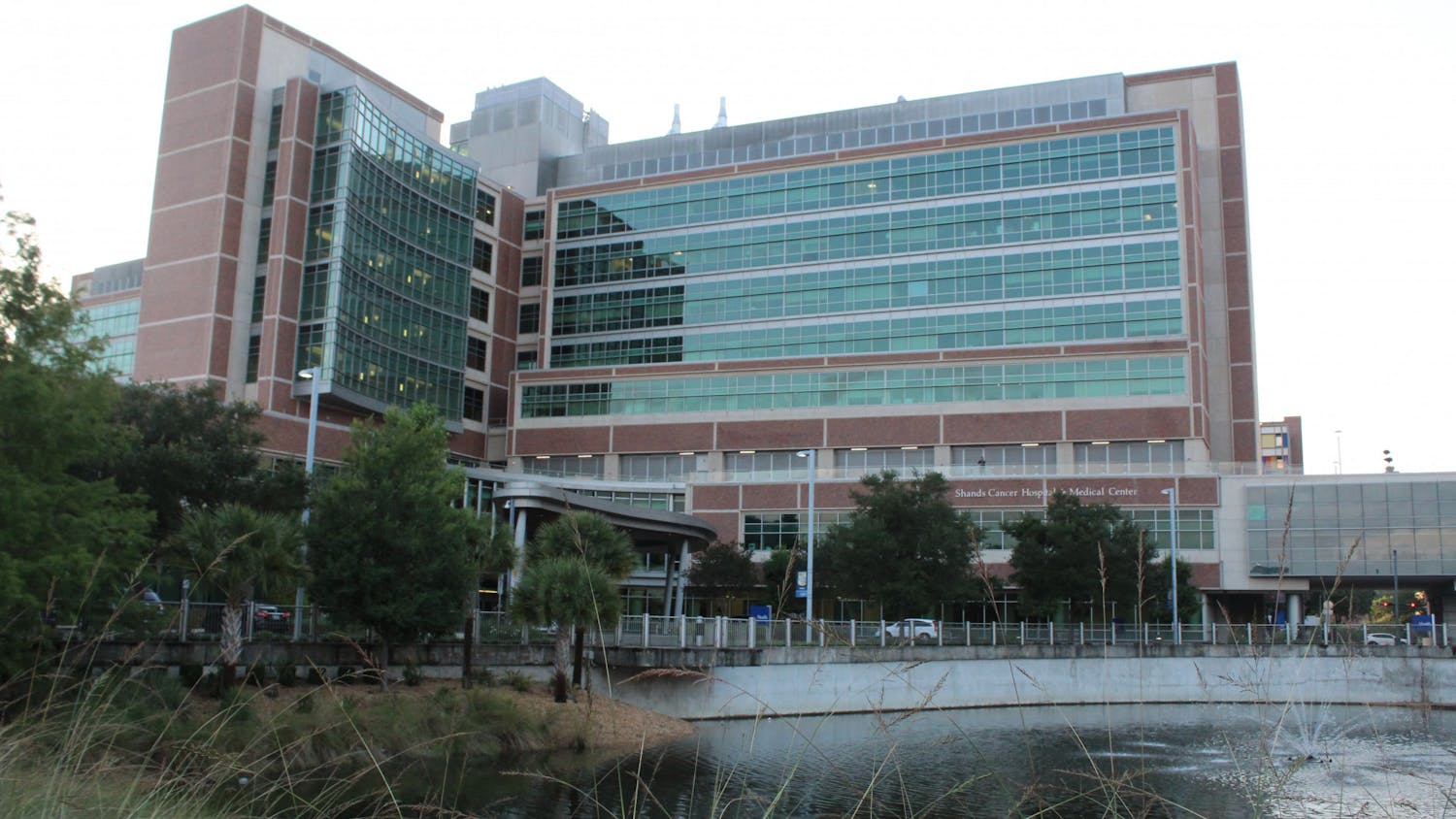In a series of lab tests, UF researchers helped discover a type of mushroom with the ability to kill deadly leukemia cells.
Researchers from the UF College of Pharmacy, the UF Department of Chemistry and University of Virginia collaborated on a two-year study to understand the antiviral properties of the Coprinus comatus mushroom, also known as the “shaggy mane.” During the study, they uncovered the mushroom’s ability to detect and destroy leukemia cells.
“This mushroom was known for its antiviral abilities,” said Yousuf Ding, a researcher from the UF College of Pharmacy. “So we wanted to figure out why it demonstrates antiviral activity. After some time, its use as a cancer therapeutic was found.”
The mushroom, although neither sold nor grown in Gainesville, is found all over the world. For thousands of years, many cultures have used the shaggy mane for its holistic purposes, Ding said.
The mushroom gains its cancer-fighting ability from a special protein called the Y3 protein. When interacting with a specific sugar molecule, the Y3 releases enzymes that kill cancer cells.
Research on the Y3 protein represents the new wave of scientific inquiry into glycan-binding proteins, or GBPs, said Steven Bruner, a researcher from the UF Department of Chemistry who is also on the team. Bruner said GBPs are proteins that bind sugars and help communication between cells.
“You can use them to target certain cell types, which is essentially what we did in our study,” he said.
Bruner said the team aims to develop GBPs to diagnose different types of cancer. He said they hope to offer new therapeutic options to cancer patients.





